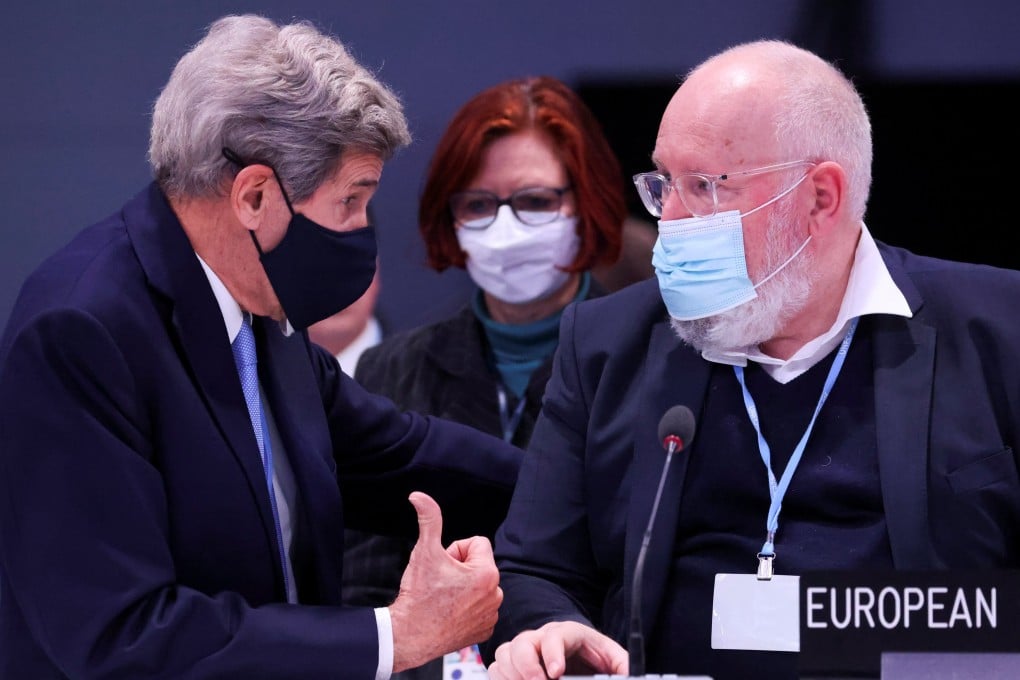Advertisement
Opinion | Unlike the US, the EU’s green industrial policy is not aimed at China
- Rather, the EU’s Critical Minerals Act and Net-Zero Industry Act address supply security concerns raised by the Ukraine war, and climate change
- The policies are also smaller in scope and less ambitious, as the export-dependent EU will continue to rely on large consumer markets such as China
Reading Time:3 minutes
Why you can trust SCMP
0

The US has endured over six months of complaints from partners and allies in East Asia and Europe for its slew of industrial policies. These include the Chips and Science Act, the bipartisan infrastructure bill and Inflation Reduction Act, viewed as major successes for the Biden administration at home, but which have caused unease, particularly in Tokyo, Seoul and Brussels.
Earlier this month, the European Commission (EC) announced the much-awaited Critical Raw Minerals Act and outlined its provisions. Interestingly, this was not just in response to America’s industrial policies but has a seemingly larger objective of protecting Europe’s industry, securing the pathway to addressing climate change while reducing dependence on any single country for mineral needs.
Along with the Net-Zero Industry Act, this forms Europe’s new green industrial policy action plan.
While the act does not single out China, most provisions hint at it and officials have made direct references. For example, the EC has announced that no more than 65 per cent of any key raw material will come from a single country.
Currently, China leads the processing of several key mineral value chains, both for rare earths and metals such as lithium, cobalt and manganese.
While European leaders have not gone as far as some American populists to accuse China of stealing their lunch, they have attributed China’s success in critical mineral value chains to its strategic choices and state planning. Frans Timmermans, an EC executive vice-chairman and leader of its work on the European Green Deal and European Climate Law, took that approach to explain China’s dominance in these sectors.
Advertisement
Select Voice
Choose your listening speed
Get through articles 2x faster
1.25x
250 WPM
Slow
Average
Fast
1.25x
